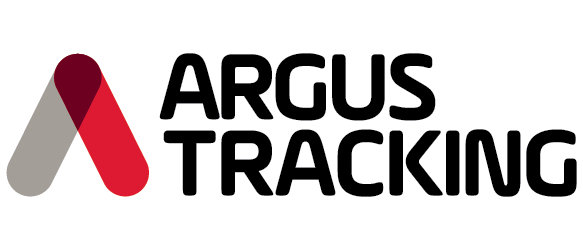On Saturday, July 1st 2023, New Zealanders woke up to an unpleasant surprise - an increase in fuel prices as the fuel tax discount came to an end. The NZ Herald explains that this has resulted in an additional 25 cents per litre and almost 4 cents extra in GST. To make matters worse, the subsidy for road user charges for diesel vehicles also ceased. In the face of these challenges, fleet managers have a powerful tool at their disposal: Argus Tracking’s comprehensive range of Fuel Reports.
Managing Fuel Usage with Argus Tracking
At Argus Tracking, we understand the impact that rising fuel prices have on businesses, especially those with large fleets. To help fleet managers navigate this financial hurdle, we’ve provided some information below about our Fuel Reports that are designed to provide valuable insights and enable effective fuel management.
Transaction Summary Report: This report provides a detailed breakdown of fuel transactions including date, vehicle, supplier, volume and cost. Fleet managers can track individual vehicle fuel usage and identify any irregularities or discrepancies.
Fuel Summary Report: Fleet managers can access a summary of fuel consumption and costs for the entire fleet, individual vehicles or groups. This report helps identify trends, compare fuel efficiency, and make data-driven decisions to optimise fuel usage.
Fuel Location Report: By analysing fuel purchase locations, fleet managers can identify the most cost-effective fueling stations and plan routes accordingly. This report helps optimise fuel expenses by reducing unnecessary detours and selecting the most economical options.
Non-Fuel Report: Identifying instances of fuel card misuse or unauthorised expenses is crucial for cost control. The Non-Fuel Report highlights any transactions that don’t involve fuel, enabling fleet managers to address potential issues promptly.
Fuel Matching Report: Ensuring that the correct fuel is put into each vehicle is vital for maintaining optimal performance and preventing damage. The Fuel Matching Report compares the fuel type purchased with the vehicle’s specifications, allowing fleet managers to identify any instances of incorrect fueling and take appropriate action.
Overfill Report: Overfilling fuel tanks can lead to unnecessary expenses and waste. The Overfill Report alerts fleet managers to instances of excessive fueling, allowing them to address these issues and promote fuel-efficient practices.
As New Zealand experiences the end of fuel tax discounts and the discontinuation of road user charge subsidies for diesel vehicles, fleet managers face the challenges of rising fuel prices. However, with Argus Tracking’s suite of Fuel Reports, these managers can effectively manage fuel usage, identify cost-saving opportunities, and ensure transparent and efficient fueling practices within their fleets.
By leveraging these powerful tools, fleet managers can combat rising fuel prices and navigate the changing landscape of the fuel industry in New Zealand.




